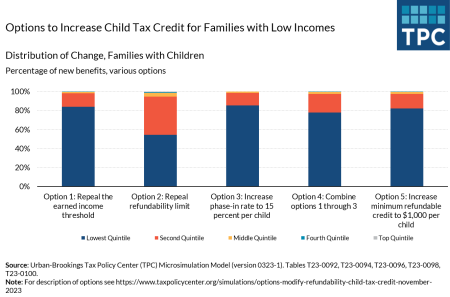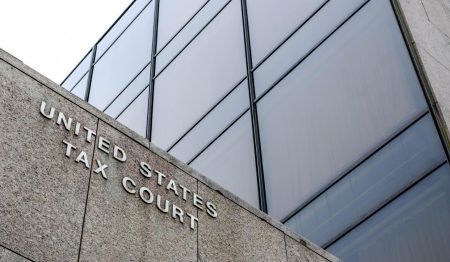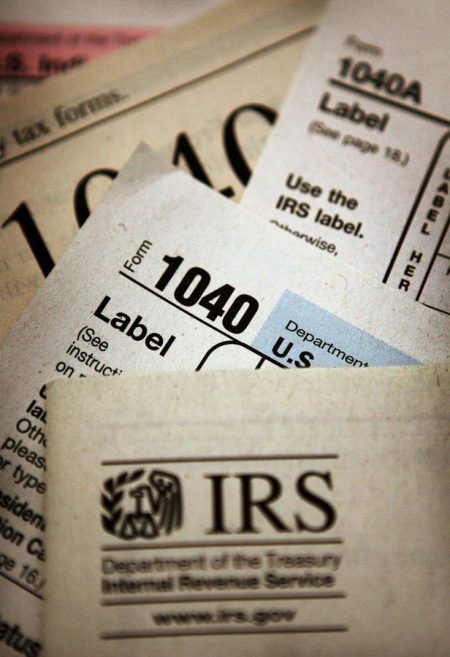I had a hard time figuring out how to respond to a piece by the Editorial Board of the Wall Street Journal – A Case of Tax Fraud – at the IRS (Agent backdated documents to punish legal deductions). They were referring to an IRS screwup that has gotten a good bit of coverage in the tax blogosphere. The Tax Court sanctioned the IRS in the case of Lakepoint Land II LLC because IRS attorneys did not inform the court when they discovered a backdating problem with a penalty form.
The Problem
Clearly the IRS deserves and has taken some lumps and if the WSJ wants to cheer a little, who am I to object? Whether the convoluted fact pattern rises to the level of fraud, I can’t figure out after having read Judge Weller’s opinion several times. If you want to give it a try here is a link to T.C. Memo 2023-111.
It is the second part of the heading – Agent backdated documents to punish legal deductions (Emphasis added) – that is troubling. If Lakepoint’s deductions are upheld by the Tax Court, there won’t be any penalties regardless of whether the IRS has jumped through the penalty approval hoops. Absent the IRS screwup, the most likely source of a substantial penalty is an inflated appraisal – 200% brings a 20% penalty, 400% gets you 40%.
The editorial moves from the backdating problem to discuss the overall effort by the IRS against syndicated conservation easements.
“Those easements have become big business, as legal tax loopholes often do. Companies buy up land, have it appraised for its foregone developmental value, then sell stakes to investors who receive the tax benefit. This entirely legal commerce is disliked by the green lobby and some lawmakers.” (Emphasis added)
A Knowledgeable Reaction
I just didn’t know where to start. So I was pleased when I saw a letter to the editor from John Schoenecker.
“Regarding your editorial “A Case of Tax Fraud—at the IRS” (Sept. 30): I was Sen. Charles Grassley’s lead tax investigator in 2020, and I led the Senate Finance Committee’s investigation into syndicated conservation-easement transactions. Our report found that those transactions “appear to be nothing more than retail tax shelters that let taxpayers buy tax deductions at the end of any given year, depending on how much income those taxpayers would like to shelter from the IRS, with no economic risk.”
No government agency should ever cut corners when enforcing the law, but the Internal Revenue Service has been absolutely right to go after syndicated conservation-easement transactions.”
The Unedited Version
I covered the report and interviewed John Schoenecker three years ago. The report was a masterpiece that had an almost cinematic quality to it. The most interesting observation was that the “engine of every syndicated conservation-easement transaction” is an inflated appraisal. I reached out to Mr. Schoenecker to congratulate him and he did me a real solid. He gave me the text of the entire letter he sent, the unedited version. Here is the letter before the WSJ editors, you know, edited it.
“The Editorial Board made a glaring misstatement of the law in its editorial A Case of Tax Fraud – at the IRS. That editorial discussed the backdating of audit documents in cases involving tax transactions of syndicated conservation easements. In general, any such conduct at a government agency should obviously not happen, and I agree with the Journal’s overall sentiment that the federal government should have to follow the law just like taxpayers do. Of course they should. But the editorial goes on to generalize syndicated conservation-easement transactions as legal transactions, which is a gross mischaracterization.
I was Sen. Charles Grassley’s lead tax investigator in 2020 when he last chaired the Senate Committee on Finance, and I led the committee’s investigation into these transactions. The committee’s report from that investigation found that syndicated conservation-easement transactions “appear[ed] to be nothing more than retail tax shelters that let taxpayers buy tax deductions at the end of any given year, depending on how much income those taxpayers would like to shelter from the IRS, with no economic risk.” According to that report, the transactions achieved this result through inflated appraisals of undeveloped land, and it went into the details about some of those appraisals, which involved valuations that should have raised an eyebrow, to put it mildly. The implication that a taxpayer’s claiming deductions from syndicated conservation-easement transactions was, until recently, legal under the law is like saying that a taxpayer can generally claim a deduction for donating a used suit to Goodwill even if the taxpayer claims the suit is worth $50,000. Claiming a deduction for donating a used suit to charity is legal; claiming it’s worth $50,000 is almost certainly not. (That would have to be one very, very nice suit.) No government agency should ever cut corners when it enforces the law, but the IRS has been absolutely right to go after syndicated conservation-easement transactions.” (Emphasis added
On The Other Hand
It is only fair to note that the Wall Street Journal has or at least had been doing a good job on its news side covering the syndicated conservation easement story. Here is report from Richard Rubin from last year – How a Georgia Pine Farm Became a Significant Tax Deduction.
“The claimed tax breaks are typically far bigger than the money spent buying the property, part of a minimarket in which high-income investors nationwide extract tax deductions instead of minerals.”
On the other other hand, I did not find any WSJ coverage on the recent conviction of easement promoters Jack Fisher and James Sinnott along with the acquittal of appraiser Clay Weibel.
Read the full article here








